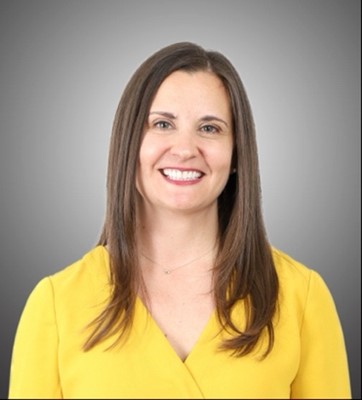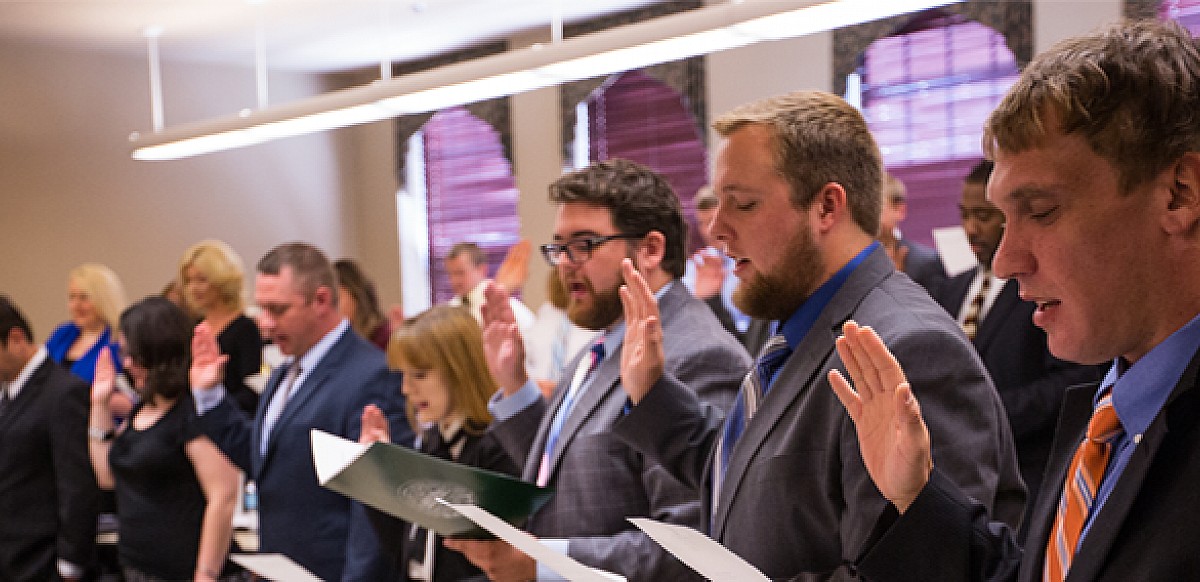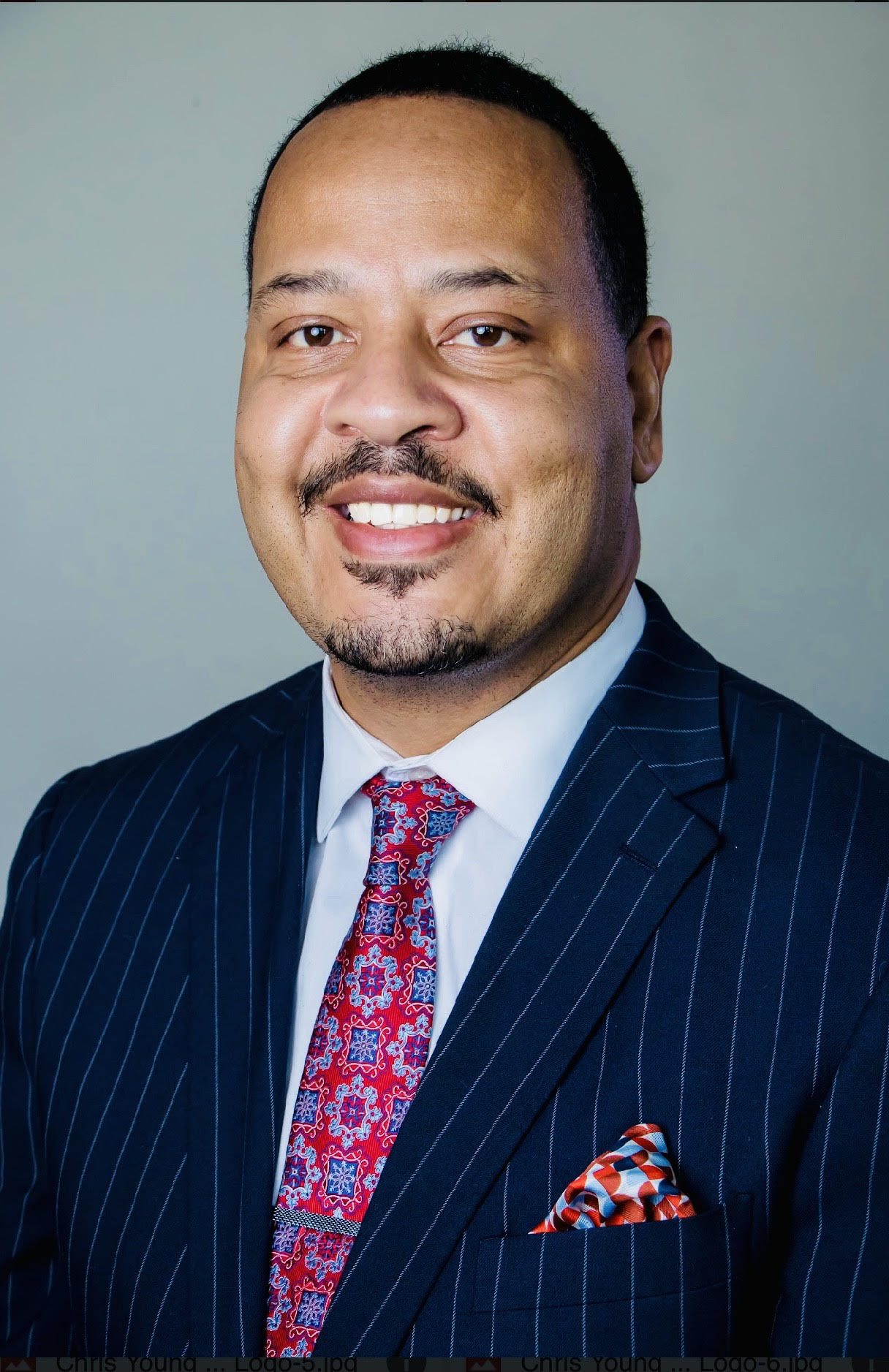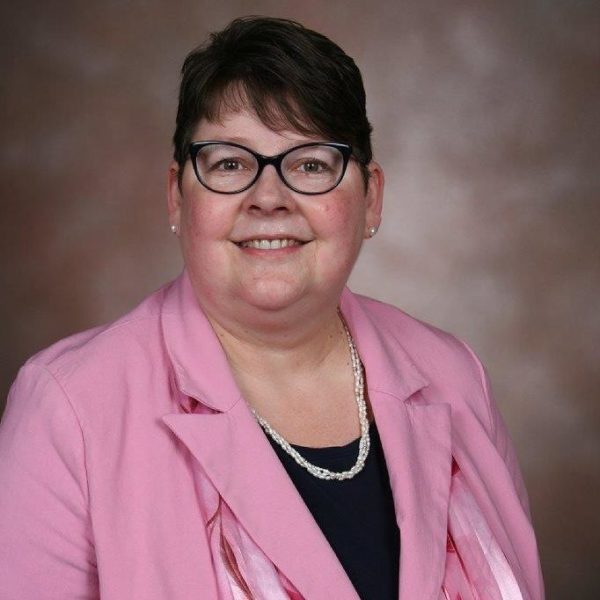By: Suzanne Harrington-Steppen, Associate Director of Pro Bono Programs and Clinical Professor of Law, Roger Williams University School of Law
Eliza Vorenberg, Director of Pro Bono Programs and Community Partnerships and Clinical Professor of Law, Roger Williams University School of Law
Law school pro bono programs, whether mandatory or voluntary, offer rich opportunities for students to develop their professional identities as lawyers. Roger Williams University School of Law (RWU Law) has a mandatory 50-hour Pro Bono Experiential Learning requirement. The requirement falls under our “public service” learning outcome and reflects our commitment to teaching our law students about the legal profession’s responsibility: (1) to improve access to the legal system and the quality of justice; and (2) to provide pro bono legal service in law practice to those who cannot afford legal services.
For many law students, pro bono experiences are their first opportunity to play the role of lawyer and reflect on what they are seeing in the profession and how it feels to be a part of the profession. About 40% of our first-year law students engage in a pro bono experience before they finish their first year. But, as we know, experience alone isn’t enough to help students integrate and reflect on the values and norms of the profession as they relate to public service. Law schools are uniquely situated to help students develop their professional identities by providing critical context for their pro bono service. Law schools can both teach students how pro bono service is central to the profession and also provide them with space to reflect on and process their pro bono experiences in relation to how they see themselves as future members of the profession.
Setting the Stage: Access to and Quality of Justice
Last year, when introducing our law school’s pro bono requirement and programmatic opportunities to first-year law students, we moved away from the traditional “information session” format to a session focused on educating and encouraging law students to think critically about what it means to be a lawyer and how public service and pro bono fit into their future responsibilities and the profession’s values.
We began our session asking our 1Ls to remember the following critically important questions throughout their law school experience, in and outside of the classroom, and throughout their careers:
Who has access to justice? Who doesn’t? Why or why not?
What is the quality of justice being administered? How do we evaluate the quality of justice being administered in civil versus criminal contexts?
We intentionally decided to start our session with these questions because the Preamble to the Model Rules of Professional Responsibility makes it clear that all lawyers, not just public interest lawyers or lawyers who are self-motivated to give back, have a special responsibility for ensuring access to, and the quality of, justice. Before we can teach law students about Rule 6.1 or the goals and contours of our law school’s pro bono requirement students need to be told explicitly what a lawyer’s role in society is beyond advocating for their clients. We teach our law students that grappling with these questions and then doing something to fix deficiencies in the legal system are a lawyer’s duty as a member of this profession, not some lofty dream. We also provide students with an overview of the justice gap, using the Academy for Arts & Sciences video entitled “The Civil Justice Gap”. We explain that pro bono service, as defined by Rule 6.1, is one way to take ownership of their professional responsibility to improve access to justice and the quality of justice for all but that there are many other ways they should be thinking about their role as lawyers in our society. This subtle shift in how we introduce the topic of pro bono asks law students to critique our justice system—using the access and quality framework—from the beginning of their law school journey, to identify who benefits and who is hurt by our systems of justice, and to be aware of the bias and inequities built into those systems.
Providing a Pause: Space for Reflection
Externship pedagogy, particularly its emphasis on structured reflection, can be very helpful in thinking about how law schools can design and structure their pro bono programs to promote professional identity formation opportunities. Pro bono experiences with reflective components offer meaningful opportunities for students to process and think deeply about what they are seeing, experiencing, and feeling while engaged in pro bono service and to connect it to their personal identities and lived experiences.
At RWU Law, each law student must submit a one-page written reflection in response to specific prompts after they have completed a pro bono experience they plan to use to meet our graduation requirement. In the past, we have provided prompts to students focused on the type of pro bono/public service experience, e.g., a prompt regarding working directly with clients, or for judicial experiences, the student’s observations regarding access to justice in the courts. This year, with the changes to Standard 303 in mind, we revised our pro bono reflection prompts to directly engage law students in a reflection focused on how the law student’s pro bono experience fits into their professional identity development.
In addition to requiring a written reflection, we intentionally funnel our first-year law students into pro bono opportunities that the law school has developed, facilitates, and oversees, e.g., Alternative Spring Break, Street Law, Volunteer Income Tax Assistance (VITA), and an Eviction Help Desk. This allows us to facilitate in-person reflective meetings throughout the experience and provide more structure than simply matching the law student with an external community partner. Many law schools may not have the resources to have faculty or staff facilitating in-person reflective meetings but at a minimum law schools should consider asking for or requiring a written reflection as a way students can intentionally think about their professional development.
Whether voluntary or mandatory, law school pro bono programming is an excellent vehicle for facilitating law students’ professional identity formation consistent with the revisions to ABA Standard 303(b).

Suzanne Harrington-Steppen is the Associate Director of Pro Bono Programs and Clinical Professor of Law at Roger Williams University School of Law.
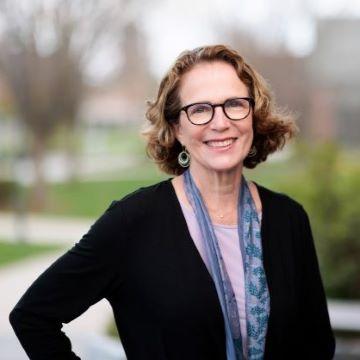
Eliza Vorenberg is the Director of Pro Bono Programs and Community Partnerships, and is Clinical Professor of Law at Roger Williams University School of Law.
If you have any questions or comments in response to this post, then please feel free to email either or both of us at sharrington-steppen@rwu.edu and evorenberg@rwu.edu.


